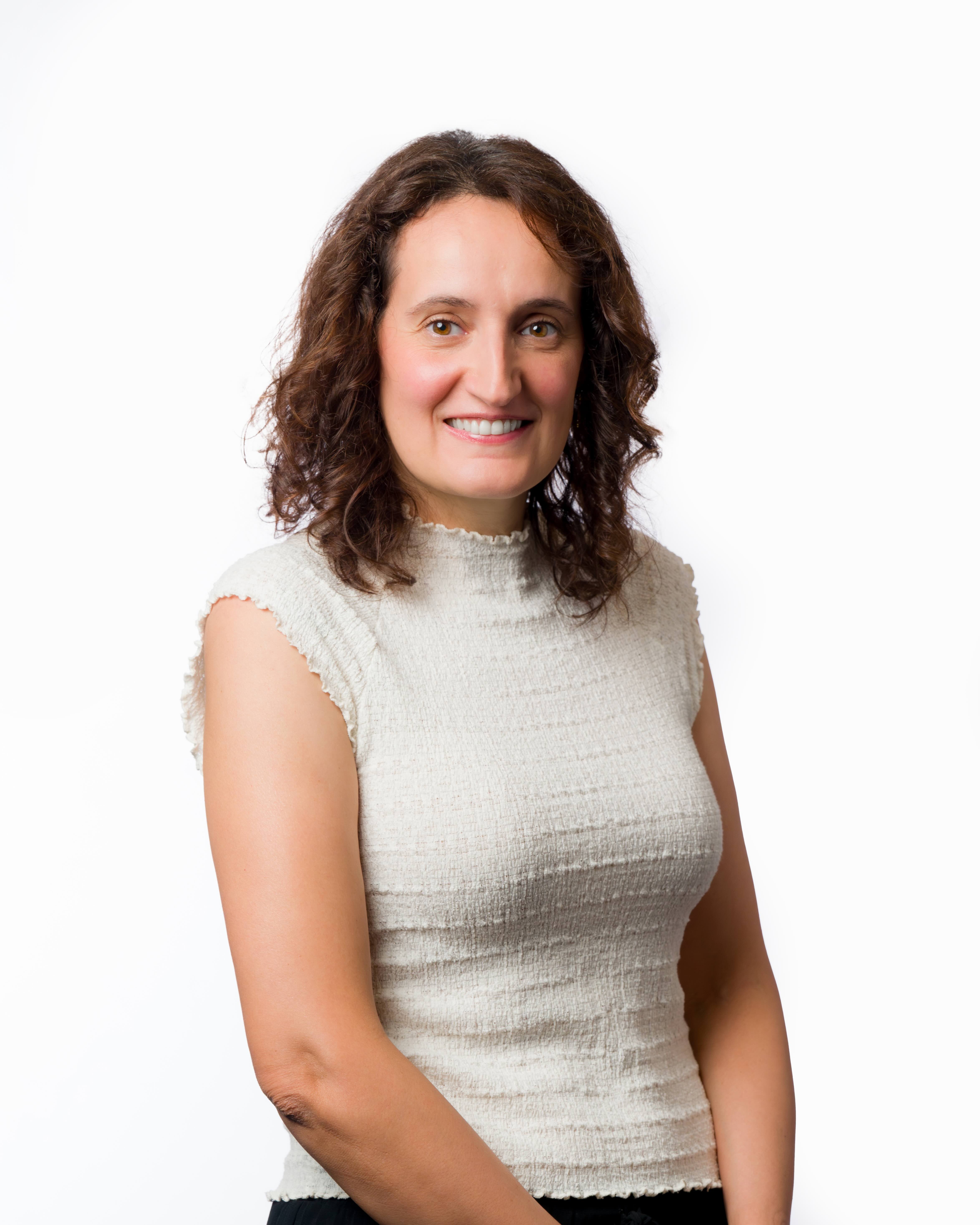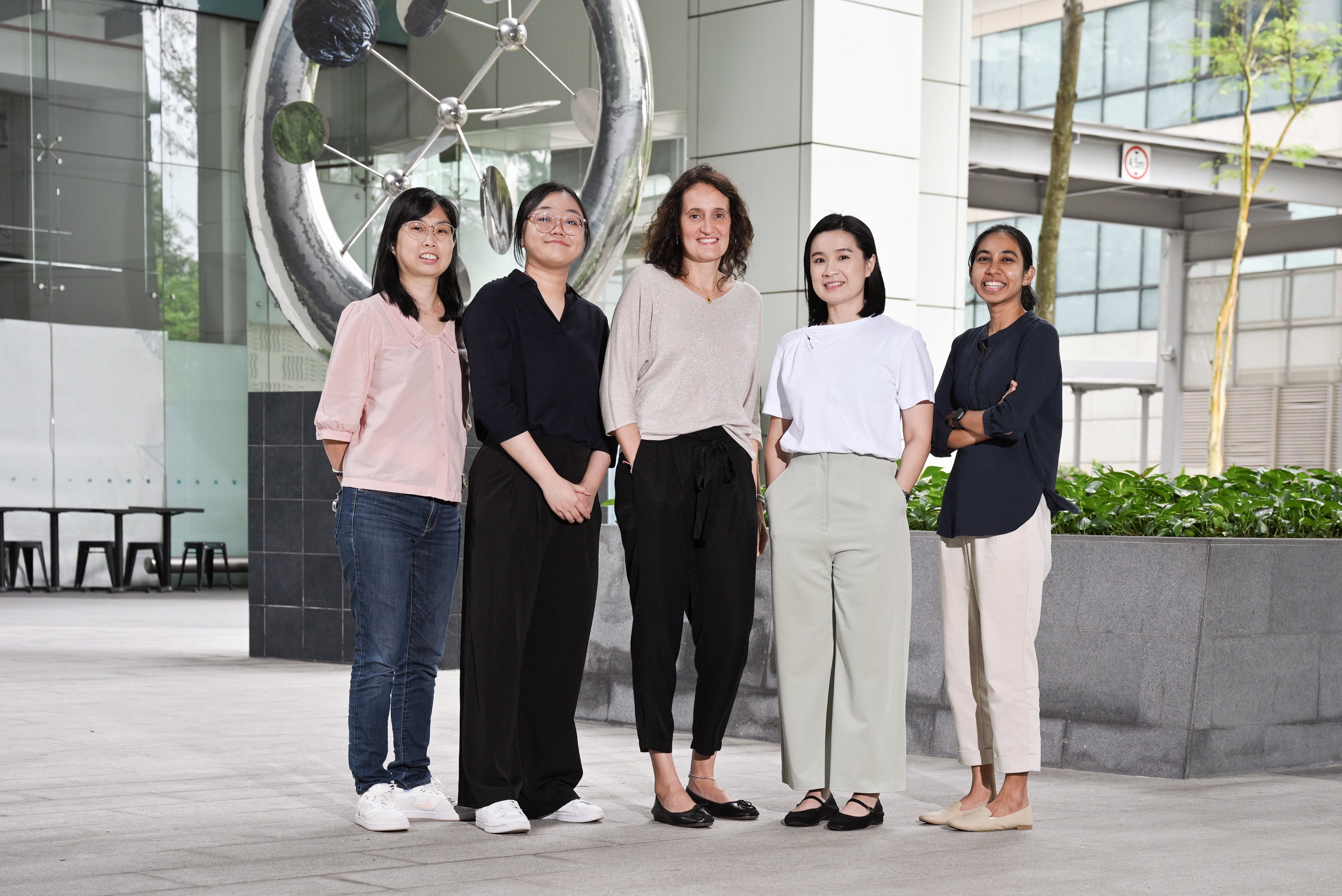SOPHIE BELLANGER

Senior Principal Investigator
Email: sophie_bellanger@asrl.a-star.edu.sg
Research themes: Skin Aging, Skin Cancer, Skin Repair & Wound Healing
Sophie Bellanger is a skin scientist with over 15 years of experience in keratinocyte biology. She obtained her Ph.D. from the Pasteur Institute (Paris, France), where she discovered that the Human Papillomavirus (HPV) E2 protein, hitherto considered a viral tumor suppressor, induces chromosomal instability in keratinocytes and participates in the oncogenic potential of HPV. Passionate about mitosis and cell cycle regulation, she then moved to the Pierre and Marie Curie University to study the roles of B-type cyclins in re-replication control.
Our lab leverages 2D cell cultures of human primary skin cells and 3D organotypic skin models (both normal and genetically modified) to delve into the biology of the epidermis and characterize the molecular switches regulating the above processes under normal and stress conditions. Our focus includes the role of master cell cycle regulators (e.g. the Anaphase Promoting Complex [APC/C] and checkpoint proteins), lipids and energy metabolism in skin homeostasis, as well the effects of UV exposure and oxidative stress. We also explore how these pathways intersect with skin cancer mechanisms.
Using a robust and comprehensive suite of assays developed in our lab, we quantify key indicators of epidermal health, including stem cell populations, differentiation markers, proliferation and senescence, as well as inflammation and OXPHOS/glycolysis levels. This research informs the development of innovative cosmetic and pharmaceutical solutions for impaired skin barrier function, age-related and inflammatory disorders, as well as skin cancers such as basal and squamous cell carcinomas (BCC and SCC).
In parallel, we collaborate with industry partners to deepen our understanding of skin aging and translate our findings into practical applications. Our work has contributed to elucidating mechanisms of action of established and novel anti-aging actives. Notably, our decade-long collaboration with Procter & Gamble (P&G), recognized with the P&G Singapore Innovation Center Connect + Develop Award, has resulted in multiple publications and claims, culminating in product launches in 2019 (Olay’s best-selling CellScience skincare product collection) and 2024 (Olay ProX), featuring niacinamide and para-hydroxycinnamic acid, respectively.

Bellanger's Lab Team
Left to Right:
Quek Ling Shih, Lim Zhi Yan, Sophie Bellanger, Christina Tan, Meyammai
- Tan CYR, Morenc M, Setiawan M, Lim ZZY, Soon AL, Bierman JC, Vires L, Laughlin T, DeAngelis YM, Rovito H, Jarrold BB, Nguyen TQN, Lim JSY, Kent O, Määttä A, Benham AM, Hawkins TJ, Lee XE, Ehrman MC, Oblong JE, Dreesen O, Bellanger S*. Para-hydroxycinnamic acid mitigates senescence and inflammaging in human skin models. Int J Mol Sci. 2024 Jul 26;25(15):8153. doi: 10.3390/ijms25158153.
- Tan CYR, Tan CL, Chin T, Morenc M, Ho CY, Rovito HA, Quek LS, Soon AL, Lim JSY, Dreesen O, Oblong JE, Bellanger S*. Nicotinamide prevents UVB- and oxidative stress-induced photoaging in human primary keratinocytes. J Invest Dermatol. 2022 Jun;142(6):1670-1681.e12. doi: 10.1016/j.jid.2021.10.021.
- Jarrold BB, Tan CYR, Ho CY, Soon AL, Lam TT, Yang X, Nguyen C, Guo W, Chew YC, DeAngelis YM, Costello L, De Los Santos Gomez P, Przyborski S, Bellanger S, Dreesen O, Kimball AB, Oblong JE. Early onset of senescence and imbalanced epidermal homeostasis across the decades in photoexposed human skin: Fingerprints of inflammaging. Exp Dermatol. 2022 Nov;31(11):1748-1760. doi: 10.1111/exd.14654.
- Bierman JC, Laughlin T, Tamura M, Hulette BC, Mack CE, Sherrill JD, Tan CYR, Morenc M, Bellanger S, Oblong JE. Niacinamide mitigates SASP-related inflammation induced by environmental stressors in human epidermal keratinocytes and skin. Int J Cosmet Sci. 2020 Oct;42(5):501-511. doi: 10.1111/ics.12651.
- Tan CL, Chin T, Tan CYR, Rovito HA, Quek LS, Oblong JE, Bellanger S*. Nicotinamide metabolism modulates the proliferation/differentiation balance and senescence of human primary keratinocytes. J Invest Dermatol. 2019 Aug;139(8):1638-1647.e3. doi: 10.1016/j.jid.2019.02.005.
A*STAR celebrates International Women's Day

From groundbreaking discoveries to cutting-edge research, our researchers are empowering the next generation of female science, technology, engineering and mathematics (STEM) leaders.
Get inspired by our #WomeninSTEM
